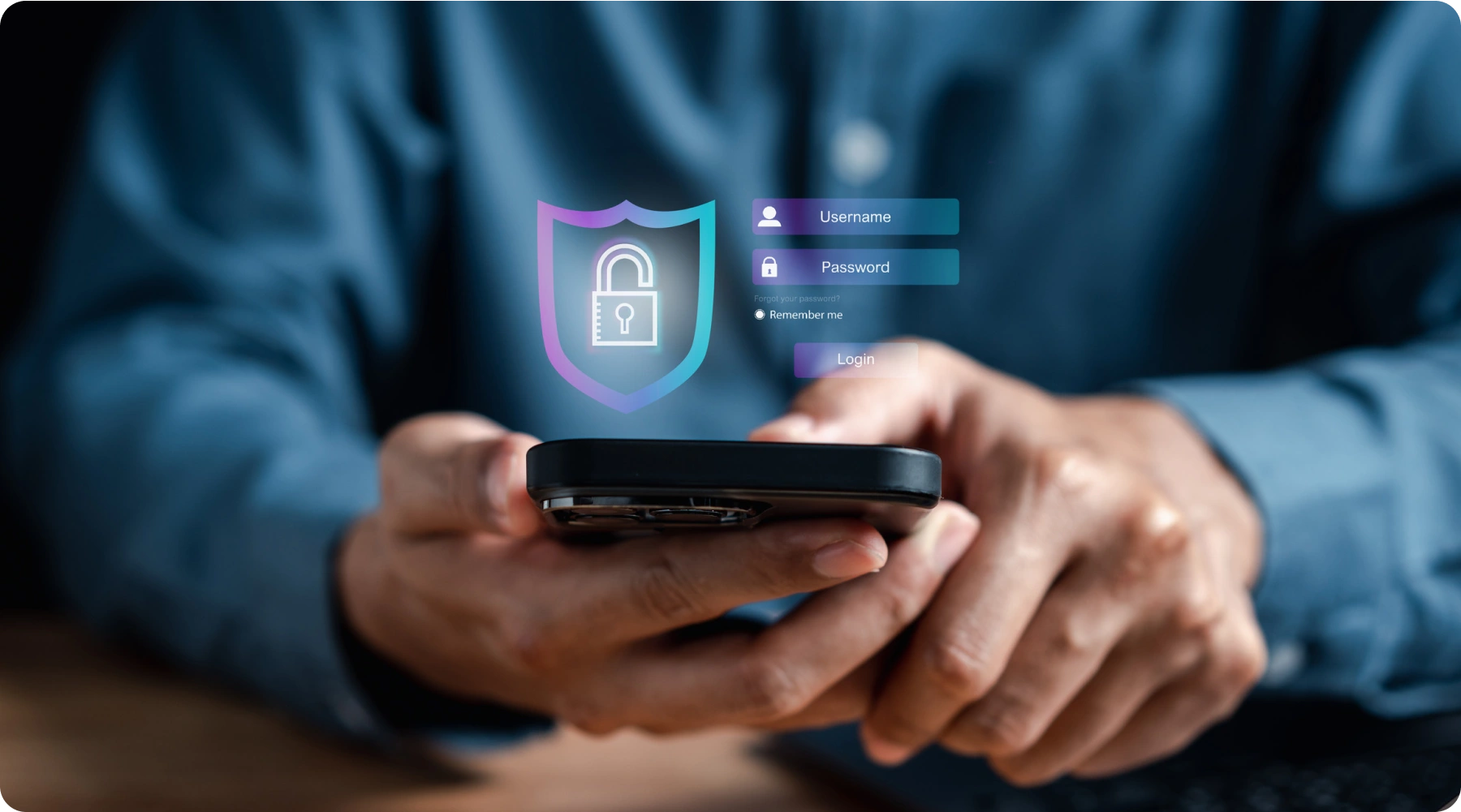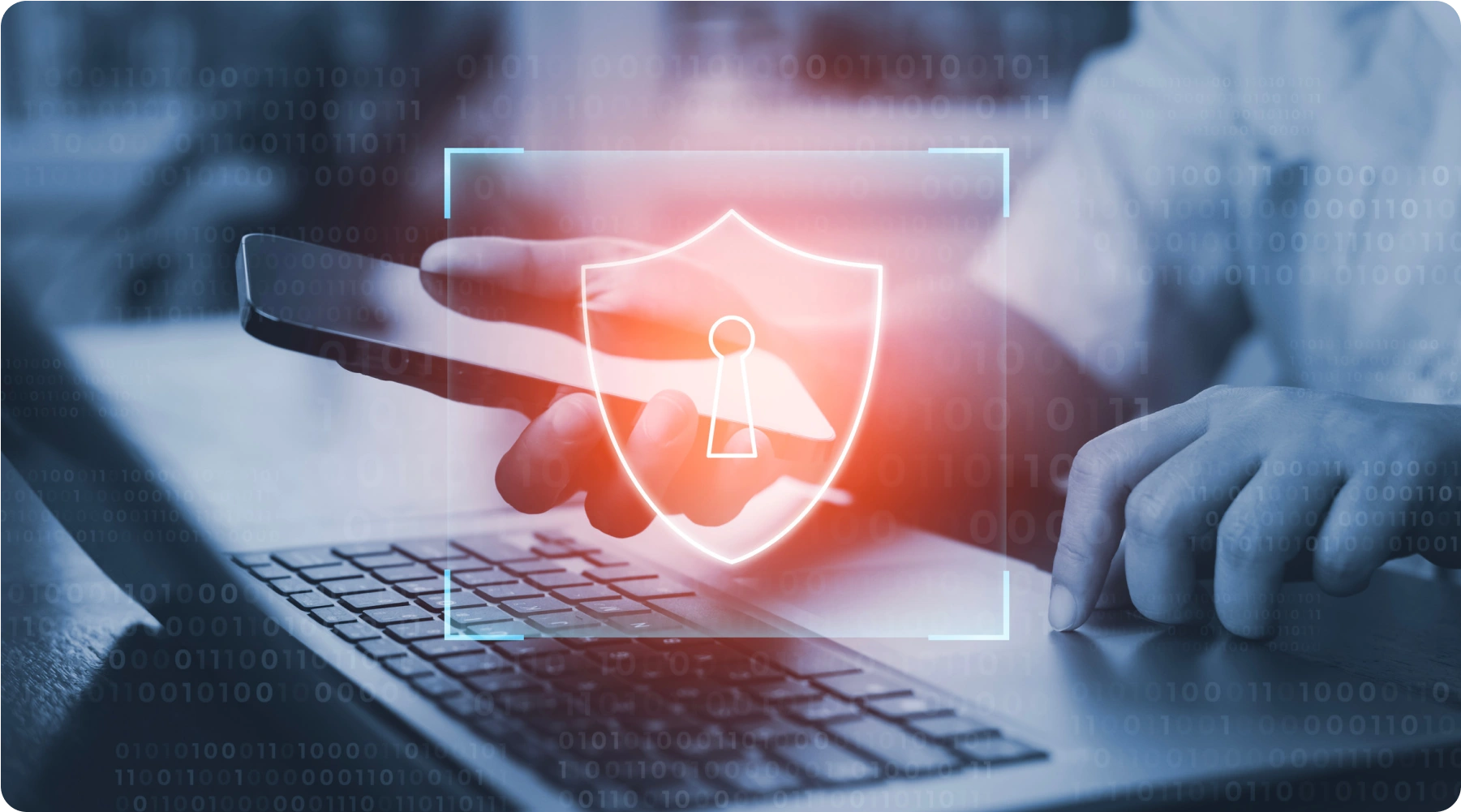Mobile VPNs – Why Your Employees Need One

Introduction: The New Workplace Is Mobile
Work doesn’t just happen at desks anymore. From sales reps traveling between meetings to remote developers working from cafes or airports, mobile devices are now central to productivity. But with convenience comes vulnerability.
Your employees are constantly exposed to security threats when working from smartphones or tablets — especially on unsecured public networks. This is where mobile VPNs become crucial for protecting your people, data, and business operations.
Why Mobile Devices Are a Top Security Risk
Laptops, phones, and tablets are great for flexibility — but they’re also:
• Frequently connected to unsecured Wi-Fi (hotels, cafes, airports)
• Left unattended in public spaces
• Used for both personal and work activities
• Bypassing standard firewalls when outside corporate networks
Without a secure connection, sensitive business data on these devices can easily be intercepted, tracked, or stolen.
How a VPN for Mobile Devices Works
A mobile VPN encrypts all internet traffic from the device, creating a secure tunnel between the user and the internet. It hides IP addresses, masks activity, and protects all data transfers — whether browsing, emailing, or accessing internal apps.
Key functions:
• Encrypts traffic over any network
• Secures access to company resources
• Protects against man-in-the-middle attacks
• Prevents location tracking and IP exposure
Key Benefits of Mobile VPNs for Your Employees
- Secure Access Anywhere
Whether they’re in a taxi or a co-working space, employees can access internal systems securely — without compromising the company’s data or their own privacy. - Protection on Public Networks
Public Wi-Fi is one of the biggest threats to mobile users. A mobile VPN prevents hackers from sniffing data on open networks, shielding emails, messages, credentials, and files. - Compliance on the Go
For industries like healthcare, finance, and legal — mobile VPNs help ensure compliance (e.g., HIPAA, GDPR) when employees are working remotely. - Consistent IP Access
Using a dedicated static IP VPN, your team can always connect through the same IP. This makes it easier to manage firewall access rules and monitor employee activity securely. - Enhanced Remote Work Productivity
With a VPN for remote work, employees stay connected to internal tools without risking corporate data — creating a seamless workflow wherever they are.
Common Use Cases for Mobile VPNs
• Field Sales and Consultants logging into CRM systems while traveling
• **Remote Support Teams **accessing ticketing platforms securely
• Executives working on confidential emails from mobile devices
• Freelancers using shared coworking spaces and networks
• Hybrid Employees switching between office, home, and public Wi-Fi
Why You Shouldn’t Rely on Built-in Device Security Alone
Many businesses assume that antivirus apps or device PINs are enough. They’re not. These tools do little to protect data in transit, which is when it’s most vulnerable.
A secure remote access VPN adds a vital layer of protection by:
• Encrypting traffic before it leaves the device
• Preventing third-party eavesdropping
• Shielding business operations from surveillance
Without it, every mobile connection is a potential backdoor to your network.
What to Look for in a Business Mobile VPN
When choosing a VPN for your mobile workforce, make sure it offers:
• Cross-platform compatibility (iOS, Android, tablets)
• Automatic reconnection to VPN when devices lose signal
• Dedicated IP support
• Centralized management (for team-level access control)
• Split tunnelling (optional routing flexibility)
• Kill switch to block internet if VPN drops
VPNGeek’s platform offers all of these, with apps optimized for mobile performance and business-level encryption.
Bonus: Protecting Personal and Corporate Data Alike
One major advantage of mobile VPNs is dual-use protection. Many employees use the same device for both work and personal use. A VPN ensures that:
• Corporate data is encrypted
• Personal apps and browsing are shielded from tracking
• Location privacy is preserved across all activities
This is especially valuable for BYOD (bring your own device) policies.
Implementation Tips for Businesses
Want your team to adopt mobile VPNs effectively? Here’s how to roll it out:
- Choose a VPN designed for business teams
Avoid free or consumer-grade services — they lack reliability, speed, and admin tools. - Set up dedicated IPs
This gives each user or department a consistent and secure access point. - Educate your employees
Show them how VPNs protect their privacy and your business. Keep onboarding simple. - Integrate with device management tools
If you use MDM/EMM platforms, make VPN installation and connection automatic. - Monitor usage
Use dashboards or logs to track usage, detect issues, and optimize performance.
Final Thoughts: VPNs for Mobile Are Not Optional
As mobile workforces grow, VPNs for mobile devices are no longer a bonus—they’re a baseline requirement.
A strong mobile VPN like VPNGeek ensures:
• Your employees are protected wherever they go
• Your business data stays encrypted
• Your compliance standards are upheld
Whether your team is in the office, on the road, or in a coffee shop, their connection should always be secure.




